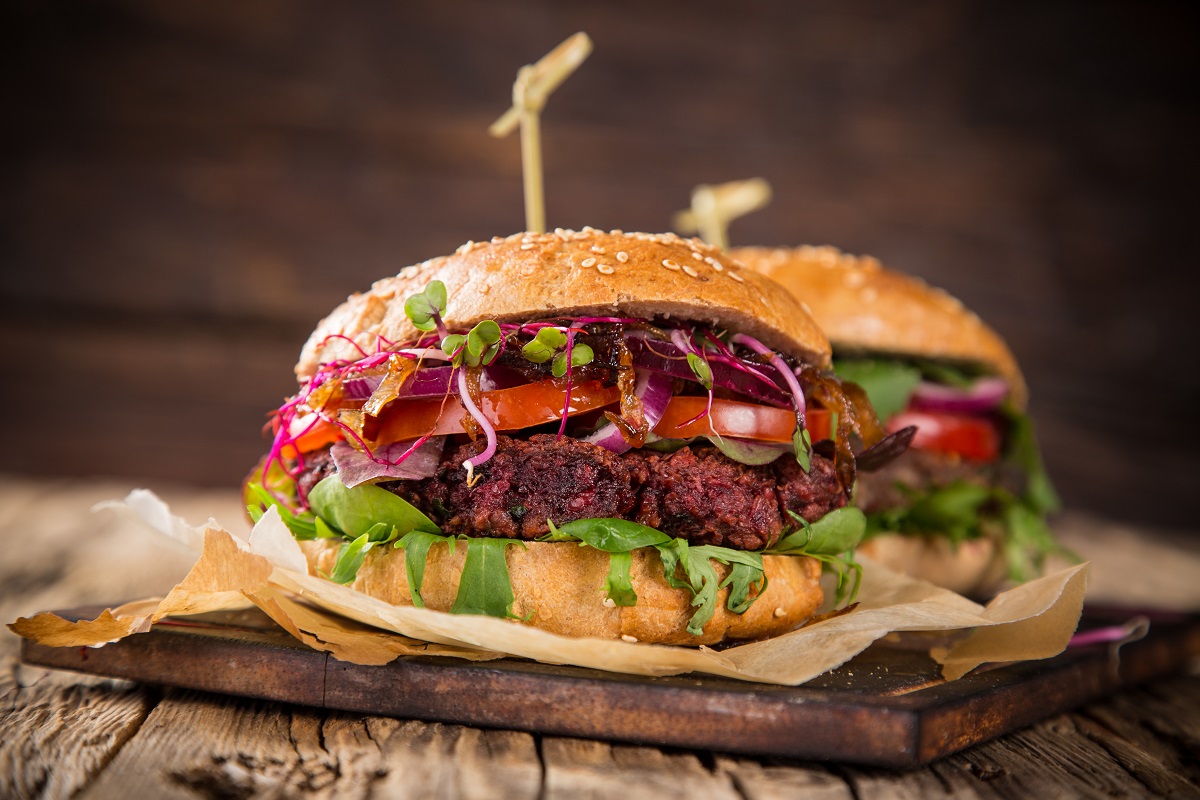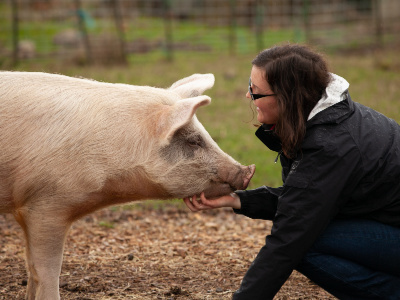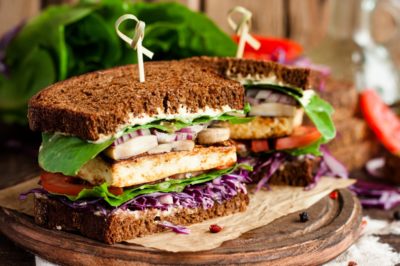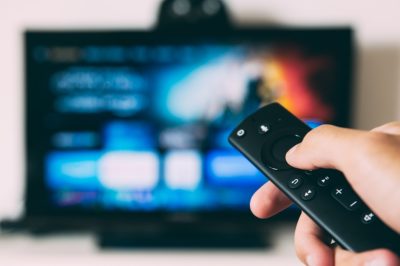There is no such thing as a ‘perfect’ vegan and it’s more important to do our best than do nothing at all

As you progress on your plant-powered journey, it’s likely that you’ll face a few ethical dilemmas and it can feel as though your vegan values are constantly at odds with other areas of your life.
Many people new to the movement are concerned about making mistakes and not being ‘vegan enough,’ but the truth is that none of us are perfect. For most people, going vegan doesn’t happen overnight and we’ve all made our fair share of mistakes along the way.
In this blog, we respond to some of the most common ethical dilemmas our participants ask us about, but first, let’s revisit the definition of veganism.
What Does It Mean to Be Vegan?
The most widely accepted definition of veganism comes from The Vegan Society. They define veganism as:
“A philosophy and way of living which seeks to exclude—as far as is possible and practicable—all forms of exploitation of, and cruelty to, animals.”
The key part to remember is “as far as is possible and practicable.” We live in an imperfect world and it’s almost impossible to live our lives in a way that doesn’t affect animals whatsoever.
At Veganuary, we believe it’s more important that more people do their best than do nothing at all. We should never let perfection be the enemy of the good!
Can I Still Be Vegan If…
…I eat cross-contaminated food?
Is it vegan to eat plant-based foods cooked on the same grill as meat? If you live with non-vegan family or housemates, is it vegan to use the same cooking equipment as them? What if someone stirs your coffee with the same spoon that has briefly touched cows’ milk?
Cross-contamination is hotly debated in the community and everyone draws the line somewhere different.
When reading food labels, you will see ‘may contain’ warnings on items that appear to be accidentally vegan. This means the product is made in the same factory or machines as non-vegan products, making it unsuitable for people with allergies. However, no animals were harmed for the product itself.
In restaurants, some plant-based options are cooked on the same grill as non-vegan foods, presenting further cross-contamination concerns. Whether a plant-based burger is cooked on a separate grill or not, it still has the same positive impact for animals and the planet when you choose this over the meat option.
If we all refused to eat the available plant-based options and insisted on separate cooking facilities in all eateries, this would harm more animals, as most restaurants simply can’t provide this and therefore would opt not to offer plant-based options at all.
Ultimately, it’s for you to decide if you’re comfortable with cross-contamination or not.

…I cook non-vegan food for my family?
This is a common conundrum for many Veganuary participants and new vegans. It’s fantastic if your family and partner are completely on board with your new way of life, but this isn’t always the case.
Again, it comes down to what you’re comfortable with and the kind of dishes you eat as a family.
The good news is that most popular dishes are easy to veganise and there are realistic alternatives for pretty much everything, making it easier to persuade your loved ones to eat more plant-based foods.
…I have a non-vegan job?
Wouldn’t it be great if our jobs always aligned with our personal values? Sadly, that’s not the world we currently live in.
If you work in a supermarket or restaurant where animal products are sold, does that make you any less of a vegan? Most people need to work to earn an income and it’s unreasonable to pressure ourselves to be morally pure. Veganism is about doing our best, not being perfect in every way.
Your own decision to go vegan is more powerful than you think and it may even have a positive influence on your workplace.
You could even get your company on board with Veganuary’s Workplace Challenge!

…I accidentally eat non-vegan food?
Everyone makes mistakes! We all misread labels or eat a non-vegan product because it’s habitual for us. We can’t expect ourselves to undo a lifetime of eating habits overnight.
A small misstep doesn’t undo all the progress you’ve made so far. Your intentions are what matter the most, so accept your mistakes and learn from them.
…I take medication?
Most of us need medicine at some point in our lives, and almost all of it will have been tested on animals before being used by humans. Many medicines also include animal-derived ingredients like lactose.
This can be a bitter pill for vegans to swallow. When we’re trying to avoid contributing to animal suffering, it can be difficult to come to terms with ethical dilemmas like these.
However, it’s important to look after our own health too. After all, we can’t be advocates for a better world if we aren’t in good health to do so.
In these situations, it’s important to remember that you’re doing your best. Remind yourself of The Vegan Society’s definition of veganism and be kind to yourself!







